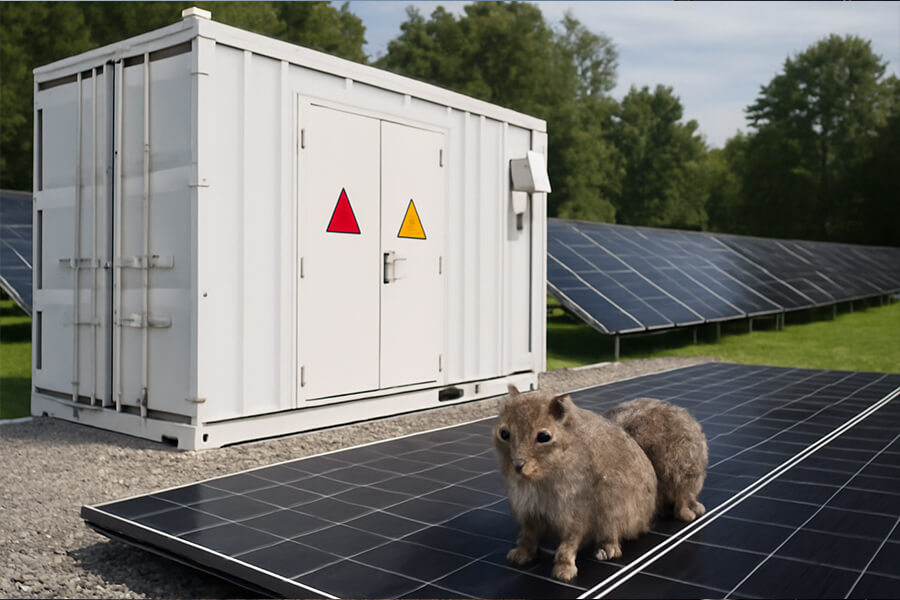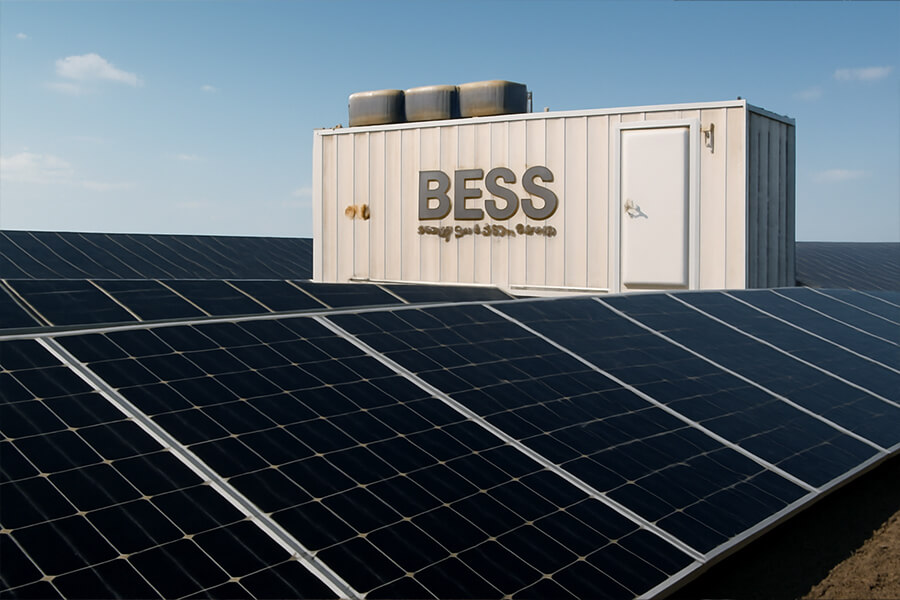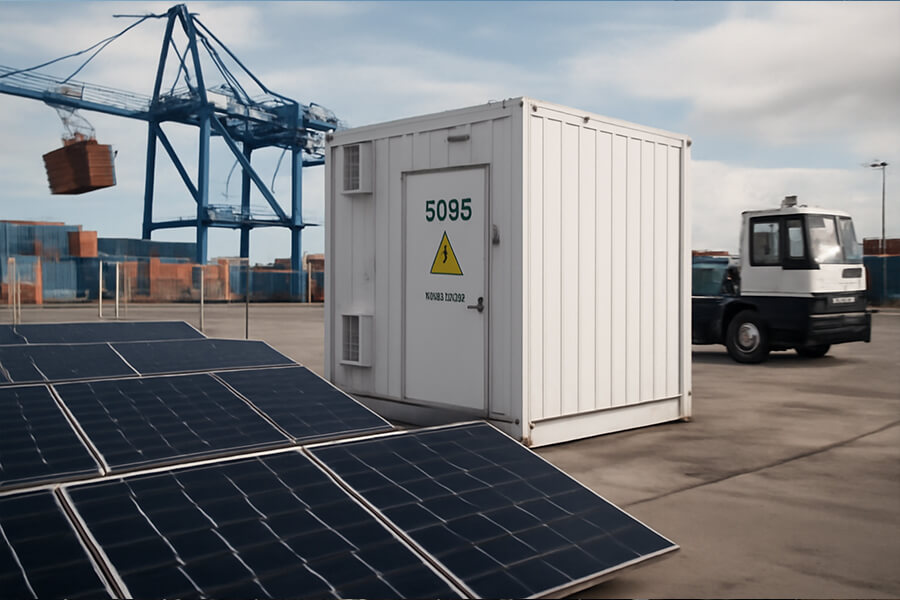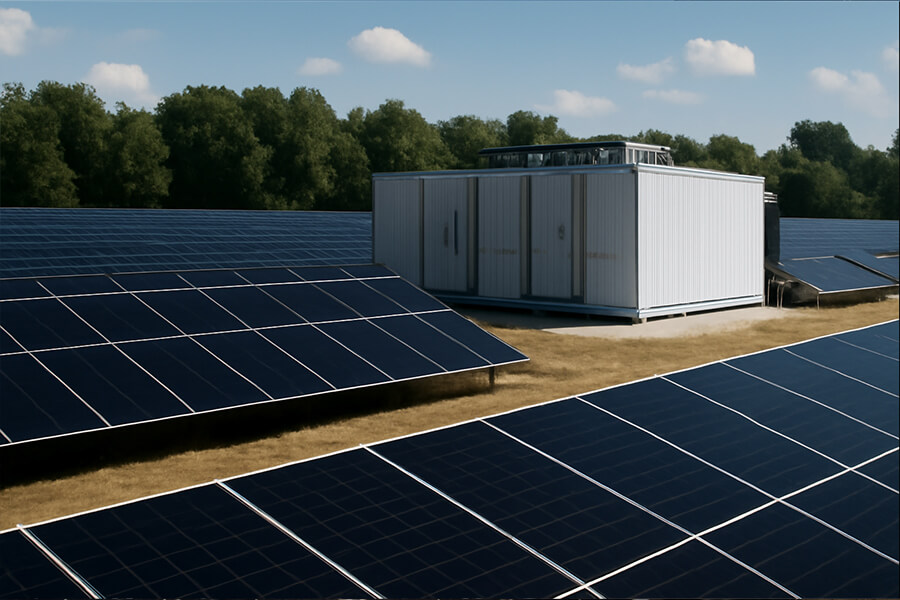The modern world is witnessing a convergence of two transformative technologies: solar power and smart home systems. While solar panels are revolutionizing the way we generate electricity, smart home technology is redefining the way we manage and consume energy. In this article, we’ll explore the powerful synergy between these two innovations, showcasing how integrating solar systems with smart home technology can reshape the future of energy management.
Solar Power’s Resurgence
Solar power has seen an unprecedented surge in adoption, with residential solar installations becoming increasingly common. Solar panels are no longer a futuristic concept; they are tangible solutions for homes looking to reduce energy costs and environmental impact.
By harnessing sunlight and converting it into electricity, solar panels generate clean, renewable energy. However, the true potential of solar power emerges when it’s combined with smart home technology.
Smart Homes: The Future of Energy Management
Smart homes are equipped with an array of devices and systems that can be controlled and monitored remotely through the internet. These devices include smart thermostats, lighting systems, appliances, and home security. They enhance convenience, security, and energy efficiency in our daily lives.
The Synergy Between Solar and Smart Homes
Optimized Energy Consumption: Smart home technology enables homeowners to monitor and control their energy consumption. For instance, smart thermostats can adjust heating and cooling based on real-time data, ensuring efficient use of energy. When integrated with solar panels, these systems can prioritize the use of solar-generated electricity, reducing reliance on the grid.
Load Shifting: With solar power, homeowners can generate excess energy during the day. Smart home technology allows them to schedule energy-intensive tasks like running the dishwasher or charging electric vehicles to coincide with peak solar production hours. This practice, known as load shifting, maximizes the use of solar energy.
Energy Storage: Combining solar panels with home energy storage solutions, such as batteries, is a game-changer. Excess solar energy can be stored for use during the night or cloudy days, reducing the need for grid electricity. Smart systems can manage and optimize the charging and discharging of these batteries for the most efficient energy utilization.
Real-Time Monitoring: Smart home systems provide real-time data on energy usage. When connected to solar panels, homeowners can see how much energy they are generating and consuming, empowering them to make informed decisions about their energy usage.
Remote Control: Smart home technology allows homeowners to control their appliances and systems remotely via smartphones or voice commands. This means you can adjust your thermostat, turn off lights, or activate home security systems even when you’re not at home, optimizing energy use.
Integration with Solar Inverters: Many solar inverters now come with smart features that allow them to connect with home networks. These inverters can provide data on solar production, consumption, and grid interaction. Homeowners can access this information through dedicated apps, gaining insights into their solar system’s performance.
Government Incentives and Integration
Many governments incentivize the integration of solar systems with smart home technology. Incentives, tax credits, and rebates are often offered to encourage the adoption of energy-efficient and sustainable home technologies. These financial benefits make the integration of solar power and smart home systems not only eco-friendly but also cost-effective.
Environmental and Economic Benefits
The integration of solar power and smart home technology offers both environmental and economic advantages. Energy-efficient homes with solar panels significantly reduce energy bills while reducing the carbon footprint. Moreover, the added value of a smart home with integrated solar power can boost a property’s resale value.
Challenges and Future Potential
Despite its immense potential, the integration of solar power and smart home technology faces some challenges. Compatibility and interoperability issues among different smart devices can be a hurdle. Additionally, the cost of some smart technologies may deter homeowners from adopting these systems. However, as technology advances and adoption rates increase, these challenges are gradually being addressed.
The future of energy management lies in the synergy between solar power and smart home technology. This integration has the potential to make our homes more energy-efficient, cost-effective, and eco-friendly. As homeowners embrace these innovations, they not only reap financial benefits but also contribute to a greener, more sustainable world. The marriage of solar and smart homes is a promising sign of our commitment to a cleaner and more energy-efficient future.
If you want to customize your own photovoltaic solution today, please contact us.




